Signs of the Times • 6 September 2018 • No. 171
¶ Processional. “Crazy Horse,” Dupleesy & the violins of the world” (Thanks Wendy.)

Above. Aechmea blanchetiana (Orange) are large full sun tolerant bromeliads. Posted in gratitude for the life and legacy of David McReynolds.
Special issue
Short accounts of remarkable, but largely unsung, heroes
¶ Invocation. “Throw off the covers of earth’s darkened slumber! Unplug your ears, you creatures of flesh! From deepest sigh of tear-stained eye, set your sight on Heaven’s resolve. For the sky’s bright luster, alive with motion, shows the wonder of Blessed intention.” —continue reading “Blessed intention,” a litany for worship inspired by Psalm 19
¶ Call to worship. “We travel today with Jesus as he was leaving Caesarea Philippi, in the far northern region of ancient Israel. Named for the Roman Caesar, located in what is now known as the Golan Heights, a site of contention to this day, Syrian land occupied by Israeli allure. Even after these years together, the disciples still imagine Jesus supplanting the great Caesar, scattering Rome’s legions, restoring the glory of Judea’s lost splendor, fulfilling its remembered boast as the

capital of nations.” —continue reading “I’m not saying it will be easy,” a call to worship inspired by Mark 8:27-38
¶ Remembering David McReynolds. “It would be a stretch to say he was a friend. More like an acquaintance in his far-flung orbit of fellow pilgrims who looked to him for light.
Right: McReynolds with his cat, Shaman.
“We corresponded off and on for more than a decade. He was generous to people he barely knew, and was known throughout his life for kindness to those with whom he disagreed.
“I looked forward to his occasional posts on Facebook, with off the cuff commentary on current events. In our last correspondence, he responded to some material I wrote about Muriel Lester, who has a front row seat in my personal cloud of witnesses. David wrote to say that he drove Lester all over Southern California on one of her speaking tours many years ago.
“‘I must come to see you to hear those stories,’ I responded. Regrettably, I never did.” —continue reading “He desired a better country: A remembrance of David McReynolds”
¶ Hymn of praise. “Sing, so the back row hears you / Glide, 'cause walking just won't do / Dance, you don't have to know how to / Ever since, ever since grace got you.” —MercyMe, “Grace Got You”
¶ Good news. “A federal judge in South Carolina recently reinstated water protections in 26 states, following a lawsuit filed by environmental groups against the Trump administration for illegally suspending the Clean Water Rule early this year. The law clarifies which bodies of water are covered by the Clean Water Act’s pollution-control programs. Although implementation is still on hold in 24 states, the ruling is a decisive win for the environment—and for the millions of Americans whose water supplies are now better protected from pollution.” —Courtney Lindwall, Natural Resources Defense Council
¶ Confession. “You can’t fix yourself by breaking someone else.” —watch this brief (2:58) video of Jay Shetty explaining how the longer one holds on to anger, resentment, anxiety, the more damage it does to oneself (Thanks Linda.)
¶ Words of assurance. “You just hide me in thy bosom / ‘Til the storm of life is over / Rock me in the cradle of thy love /  Then you feed me, ‘til I want no more / Then you take me to that blessed home above.” —Fireside Gospel Singers, “Hide Me In His Bosom”
Then you feed me, ‘til I want no more / Then you take me to that blessed home above.” —Fireside Gospel Singers, “Hide Me In His Bosom”
¶ “The Baptists and the yogis join to fight a pipeline.” “Just down the road, across the rolling fields and woodlands where most of his congregation grew up, the most powerful corporation in Virginia plans to build a natural gas compressor station. Dominion Energy’s facility is integral to the 600-mile Atlantic Coast Pipeline, which will tunnel under the nearby James River and march across the county.
Right: Hindu priest Swami Dayananda
“The pipeline has drawn protests along its planned path from West Virginia, through Virginia and into North Carolina. But the Union Hill community in Buckingham County, founded after the Civil War by freed slaves and near the geographic center of the state, is the only place in Virginia that faces the additional issue of a compressor station. . . .
“The choice to resist has put Wilson and his congregation in step with an unlikely group of allies. As he neared the end of his sermon last Sunday at Union Grove Baptist, Wilson noticed a figure in orange just inside the entrance to the church. . . . ‘Swami Dayananda!' Wilson exclaimed at a diminutive woman with short gray hair and the robes of a Hindu monk.” —for more see Gregory S. Schneider, Washington Post
¶ Hymn of supplication. “We staring in the face of hate again / The same hate they say will make america great again / No consolation prize for the dehumanized / For america to rise it's a matter of black lives / And we gonna free them, so we  can free us / America's moment to come to Jesus.” —Common, “Letter to the Free”
can free us / America's moment to come to Jesus.” —Common, “Letter to the Free”
¶ “About 15,000 Flint [Michigan] children will return to school next week with new backpacks stuffed with goodies, some including letters of encouragement and support from people across the globe.
“The letter-writing initiative, as well as the backpacks filled with notebooks, folders, pencils, and other school supplies, is the result of a project by Mari Copeny (pictured at left), an 11-year-old Flint sixth-grader who is using her budding celebrity to draw attention to her city’s water crisis. —Cynthia E. Thomas, Yes! magazine
¶ Professing our faith. "When it comes to saving what needs saving, being merely nice and pliant won’t win the day, or the life. Sometimes we need to dig in our heels and do some hollering." —Jan Richardson
¶ Hymn of resolution. “I want to be ready when joy comes back to me.” —Ruthie Foster, “Joy Comes Back”
¶ Short story. When Grammy nominated Jordin Sparks sang the national anthem prior to the Dallas Cowboys v.s Phoenix Cardinals football game in 2017, she didn’t take a knee. But neither did she let the occasion pass without a word of dissent. On her left wrist—with which she held the microphone—she had prominently written “Proverbs 31:8-9.” Look it up.
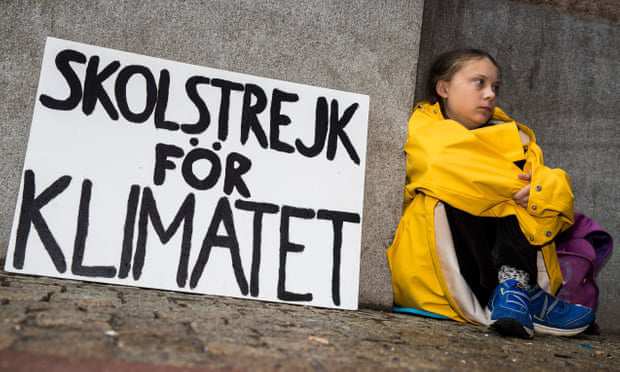 ¶ Offertory. Indiara Sfair, “Improvisation in Cm.”
¶ Offertory. Indiara Sfair, “Improvisation in Cm.”
¶ Greta Thunberg (pictured at right), a 15-year-old in Sweden, is protesting climate change “in the most active way she knows how. She is on strike, refusing to go to school until her country’s 9 September general election. Her protest has captured the imagination of a country that has been struck by heatwaves and wildfires in its hottest summer since records began 262 years ago.”
“Every day for two weeks, Thunberg has been sitting quietly on the cobblestones outside parliament in central Stockholm, handing out leaflets that declare: ‘I am doing this because you adults are shitting on my future.’” —David Crouch, Guardian
¶ More on Sen. John McCain. As is often the case, Rebecca Solnit’s commentary on Sen. John McCain’s legacy rises above the swarm of interpreters.
“Our country was founded in conflict—not the ordinary conflict of the Revolutionary war, but the conflict between Thomas Jefferson’s ideals and his actions as an owner and exploiter of other human beings. You can dismiss the slavery and uphold the ideals, or vice versa, but an understanding of who we have been and how we got here means recognizing both and how they inflect each other. . . .
“It means recognizing Abraham Lincoln’s greatness and his monstrous policies toward the Lakota, recognizing that we have been neither—as American exceptionalism would have it—the best of nations, or the worst, but a magnificent, unresolved pile of conundrums and paradoxes and populations at odds with each other and ideals that  are more often held up for admiration than they’re upheld. . . .
are more often held up for admiration than they’re upheld. . . .
“I don’t want people to appraise [McCain] for his sake, but for our own: for our ability to tell irreducible stories, to see the world and its players in their full complexity.” —“John McCain was complex. His legacy warrants critical discussion,” Guardian
¶ Preach it. “Forgive yourself for not knowing what you didn’t know before you learned it.’ —Maya Angelou
¶ Profile. The beautiful artwork of Ricardo Levins Morales requently graces the layout of “Signs of the Times” columns. (With his permission. See one of his latest, at left.) In a recent interview with Margie O’Loughlin, he comments:
“I was born into a farming family on a mountain in Puerto Rico. Nothing in my life blinked, beeped, or had a pause button. From that, I learned a certain kind of patience—and to speak of the world through a narrative of abundance. When people are behaving in ways that are harmful to others, it almost always comes down to a perception of scarcity. . . .”
The movements he is drawn to are “about restoring power to people whose power had been taken away.” —for more see “Local Art Studio focues on resilience against oppression through art,” Messenger, newsletter of the Longfellow and Nokomis areas of Minneapolis, Minn.
¶ Can’t makes this sh*t up. In January an armed Trump supporter confronted Rep. Eric Descheenie during an anti-immigration protest at the Arizona state capitol, demanding to know if he was in the country legally. Descheenie is Navajo. —Snopes
 ¶ Call to the table. “For the Fruits of All Creation,” sung by First-Plymouth Church, Lincoln, Nebraska.
¶ Call to the table. “For the Fruits of All Creation,” sung by First-Plymouth Church, Lincoln, Nebraska.
¶ “That girl was a problem. . . Glory Be.” Dr. Courtney Pace, in a 2017 “Nevertheless She Preached” conference presentation, “Subversive Sisters: A Herstory of Our Foremothers." This year’s conference (“Celebrating the voices of women in the pulpit”) is slated for 23-25 September, Waco, Texas.
¶ The state of our disunion. “We have about 50% of the world's wealth but only 6.3% of its population. . . . In this situation, we cannot fail to be the object of envy and resentment. Our real task in the coming period is to devise a pattern of relationships which will permit us to maintain this position of disparity without positive detriment to our national security. To do so we will have to dispense with all sentimentality and day-dreaming. . . .
“We should dispense with the aspiration to 'be liked" or to be regarded as the repository of a high-minded international altruism. We should stop putting ourselves in the position of being our brother's keeper and refrain from offering moral and ideological advice. We should cease to talk about vague and unreal objectives such as human rights, the raising of living standards, and democratization. The less we are then hampered by idealistic slogans, the better.” —excerpt from an historic planning study written in 1948 by George Kennan, then with the US State Department and later ambassador to the Soviet Union. Kennan, a Democrat and later critic of President Bush’s war in Iraq
¶ Best one-liner. “The hard right has no interest in religion except to manipulate it.” —Rev. Billy Graham, Parade magazine, 1981
¶ For the beauty of the earth universe. A visual meditation on Psalm 119 using 100 photos from the Hubble Space Telescope, music by Peter Gabriel. (6:29. Thanks Tom.)
¶ Altar call. “I believe in being ready, / I believe in being ready, / I believe in being ready, / When this world's at an end.”  —Rising Appalachia
—Rising Appalachia
¶ Benediction. “Open your mouths, oh people of praise. Unchain your lungs and unleash your lips. Let joyful noise erupt from every muted tongue, thankful hymns from every muffled mouth. Compose a new song for the Chorister of Heaven. A cappella or symphonic, let the sound rise like leaven. Whether big band or bluegrass or rhythm and blues. Polka or hip-hop, bebop or swing. Salsa, Gregorian or adagio for strings.” —continue reading “Big band or bluegrass,” a litany for worship inspired by Psalm 98
¶ Recessional. “God be in my head, and in my understanding; / God be in mine eyes, and in my looking; / God be in my mouth, and in my speaking; / God be in my heart, and in my thinking; / God be at mine end, and at my departing.” —H. Walford Davies, performed by Choir of King's College, Cambridge
¶ Lectionary for this Sunday.
“Blessed intention,” a litany for worship inspired by Psalm 19
“I’m not saying it will be easy,” a call to worship inspired by Mark 8:27-38
¶ Lectionary for Sunday next.
 “Big band or bluegrass,” a litany for worship inspired by Psalm 98
“Big band or bluegrass,” a litany for worship inspired by Psalm 98
“In the Shadow of a Steeple: Time for a post-national church?” a sermon drawing on 1 Corinthians 1:18-31
¶ Just for fun. The sand pendulum, from the Science Academy. (Thanks Floyd.)
# # #
Featured this week on prayer&politiks
• “I’m not saying it will be easy,” a call to worship inspired by Mark 8:27-38
• “He desired a better country: A remembrance of David McReynolds”
• “Big band or bluegrass,” a litany for worship inspired by Psalm 98
• “Blessed intention,” a litany for worship inspired by Psalm 19
• “In the Shadow of a Steeple: Time for a post-national church?” a sermon drawing on 1 Corinthians 1:18-31
©Ken Sehested @ prayerandpolitiks.org. Language not otherwise indicated above is that of the editor, as are those portions cited 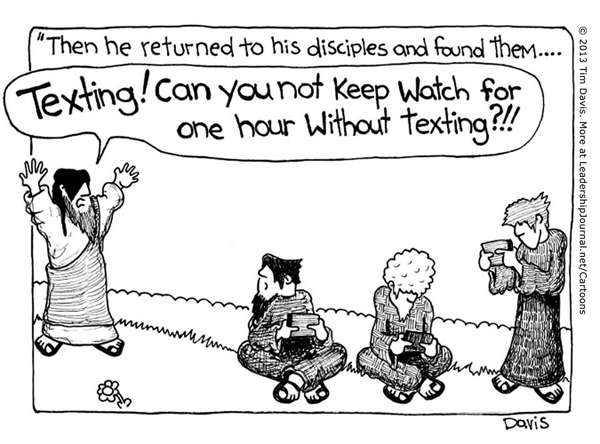 as “kls.” Don’t let the “copyright” notice keep you from circulating material you find here (and elsewhere in this site). Reprint permission is hereby granted in advance for noncommercial purposes.
as “kls.” Don’t let the “copyright” notice keep you from circulating material you find here (and elsewhere in this site). Reprint permission is hereby granted in advance for noncommercial purposes.
Feel free to copy and post any original art on this site. (The ones with “prayer&politiks.org” at the bottom.) As well as other information you find helpful.
Your comments are always welcomed. If you have news, views, notes or quotes to add to the list above, please do. If you like what you read, pass this along to your friends. You can reach me directly at kensehested@prayerandpolitiks.org.
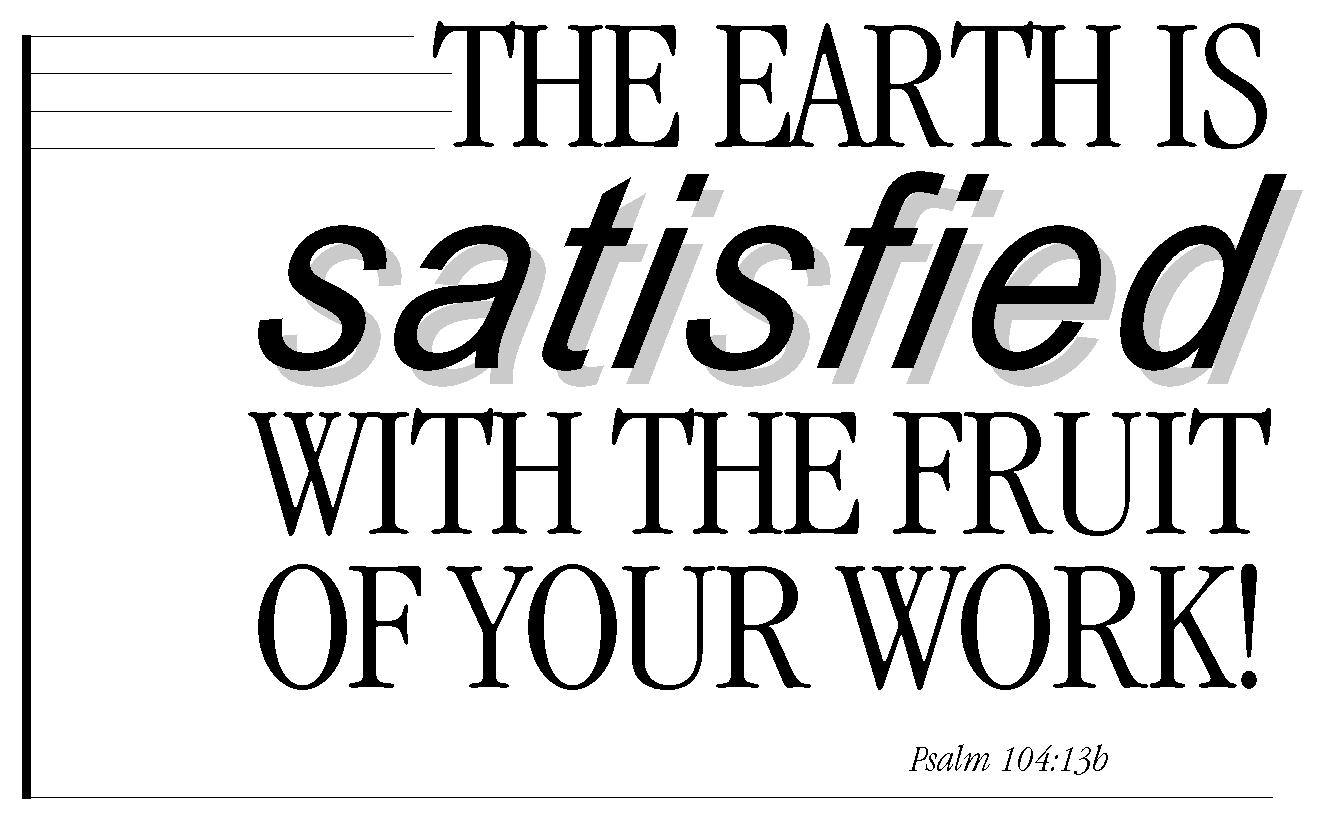 by Ken Sehested
by Ken Sehested

 “We’re baptizing seven of our youth group this coming Sunday. Is it OK to brag about this?”
“We’re baptizing seven of our youth group this coming Sunday. Is it OK to brag about this?”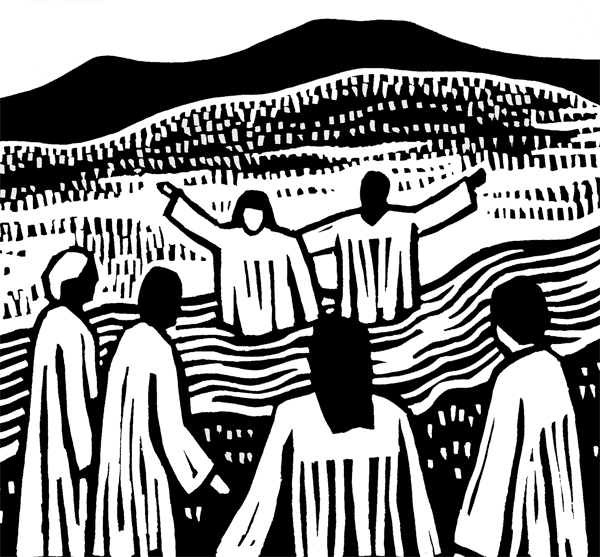 keting. And marketing has little to do with evangelism, with calling people into the community of faith on the Way.
keting. And marketing has little to do with evangelism, with calling people into the community of faith on the Way. ring world that believes eating, or being eaten, are the only options.
ring world that believes eating, or being eaten, are the only options.
 Americas home. Their migration takes them as far north as Canada and, during the winter months, as far south as Mexico City. A single monarch can travel hundreds to thousands of miles.
Americas home. Their migration takes them as far north as Canada and, during the winter months, as far south as Mexico City. A single monarch can travel hundreds to thousands of miles. Michelle Maziar and Luisa Cardona of the Mayor’s Office of Immigrant Affairs, Georgia Rep. Bee Nguyen, and Shana Tabak, executive director of the Tahirih Justice Center. —
Michelle Maziar and Luisa Cardona of the Mayor’s Office of Immigrant Affairs, Georgia Rep. Bee Nguyen, and Shana Tabak, executive director of the Tahirih Justice Center. —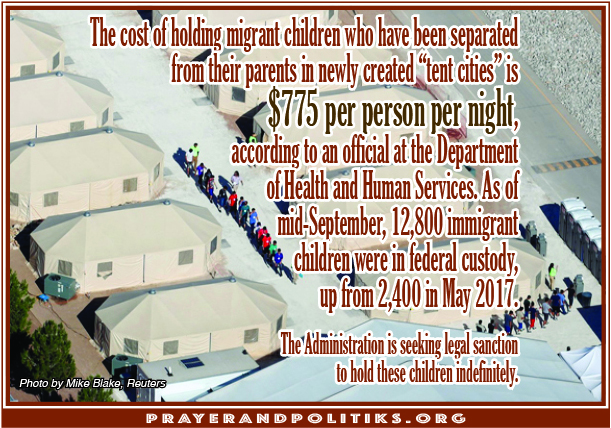 the face / Locked in hate’s embrace / Kyrie eleison / There is mercy enough, there is grace enough / There is love enough for all of us.” —The Many, “
the face / Locked in hate’s embrace / Kyrie eleison / There is mercy enough, there is grace enough / There is love enough for all of us.” —The Many, “ ¶ Two instances of great pastoral advice.
¶ Two instances of great pastoral advice.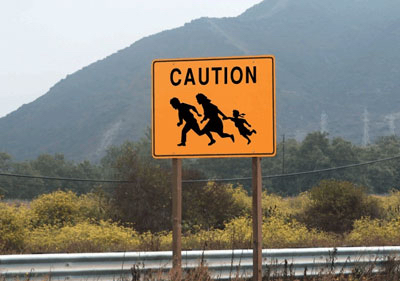 Buchleitner of Rimrock, Az,, alone and injured in the desert. As it happens, Christopher and his mom had been in a single-car accident when their van went over a cliff on a remote road in southern Arizona. His mother had been killed, and Christopher went looking for help. Cordova gave the boy his sweater and some chocolate and built a fire to warm the boy. It was that fire that drew the attention of the border patrol. Authorities say Christopher would likely have died had Cordova not stopped to protect him.
Buchleitner of Rimrock, Az,, alone and injured in the desert. As it happens, Christopher and his mom had been in a single-car accident when their van went over a cliff on a remote road in southern Arizona. His mother had been killed, and Christopher went looking for help. Cordova gave the boy his sweater and some chocolate and built a fire to warm the boy. It was that fire that drew the attention of the border patrol. Authorities say Christopher would likely have died had Cordova not stopped to protect him. gray water under an incongruent bright blue sky. It’s always been a slow build of mold between generations, of people making do with babies in faded red milk crates floated on mattresses down city streets. Look away.” —
gray water under an incongruent bright blue sky. It’s always been a slow build of mold between generations, of people making do with babies in faded red milk crates floated on mattresses down city streets. Look away.” — outnumbered, the outgunned, to those about-to-be-overwhelmed. Bold confession is not an escape clause to life’s apparent death knell. Rather, it is an invitation to grasp that which is available only to those with empty hands.” —continue reading “
outnumbered, the outgunned, to those about-to-be-overwhelmed. Bold confession is not an escape clause to life’s apparent death knell. Rather, it is an invitation to grasp that which is available only to those with empty hands.” —continue reading “ ©Ken Sehested @ prayerandpolitiks.org. Language not otherwise indicated above is that of the editor, as are those portions cited as “kls.” Don’t let the “copyright” notice keep you from circulating material you find here (and elsewhere in this site). Reprint permission is hereby granted in advance for noncommercial purposes.
©Ken Sehested @ prayerandpolitiks.org. Language not otherwise indicated above is that of the editor, as are those portions cited as “kls.” Don’t let the “copyright” notice keep you from circulating material you find here (and elsewhere in this site). Reprint permission is hereby granted in advance for noncommercial purposes.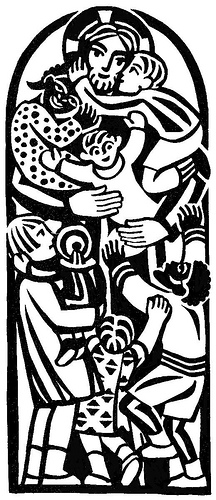 children is numbing. A few examples:
children is numbing. A few examples: ext says, "he was indignant"—the only time in which he is so described in the New Testament.
ext says, "he was indignant"—the only time in which he is so described in the New Testament.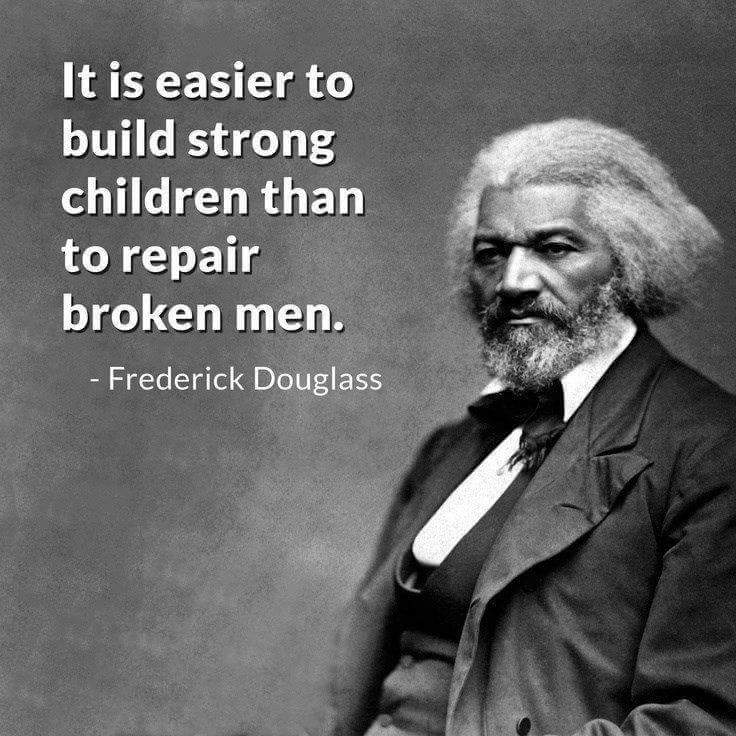 ugh the lens of prevailing cultural ideas about children and youth—has been glamorized, idealized, romanticized, and sentimentalized. As a result, these stunning biblical metaphors have been drained of their power to reorient out thinking.
ugh the lens of prevailing cultural ideas about children and youth—has been glamorized, idealized, romanticized, and sentimentalized. As a result, these stunning biblical metaphors have been drained of their power to reorient out thinking. rities, and the way our nation conducts its foreign policy.
rities, and the way our nation conducts its foreign policy.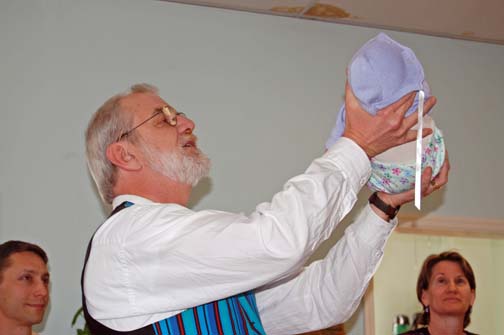 kingdom of heaven. In God's upside-down ordering, the first shall be last; those who lose will find; the great will be the servant of all; those unaccustomed to royal feasts will be the very ones sought out as guests. Those who are shut out of the world's provision will, in the end, inherit the promise of well-being envisioned by God at the beginning. In short, the way the world is currently ordered is in opposition to God's New Realm. And that New Realm is on its way, even as we speak, breaking out here and there.
kingdom of heaven. In God's upside-down ordering, the first shall be last; those who lose will find; the great will be the servant of all; those unaccustomed to royal feasts will be the very ones sought out as guests. Those who are shut out of the world's provision will, in the end, inherit the promise of well-being envisioned by God at the beginning. In short, the way the world is currently ordered is in opposition to God's New Realm. And that New Realm is on its way, even as we speak, breaking out here and there.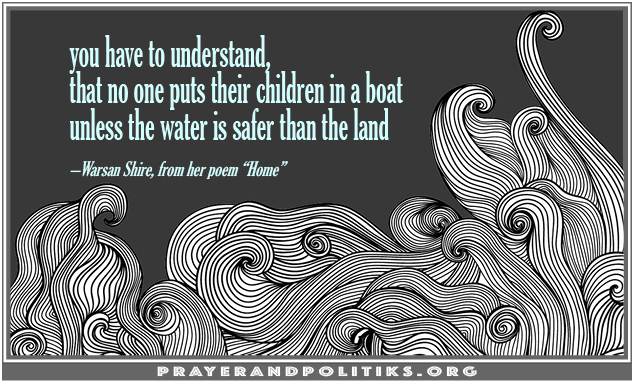 political status quo. To suffer the children entails active, even conflictive, opposition to any who cause, or permit, the children to suffer.
political status quo. To suffer the children entails active, even conflictive, opposition to any who cause, or permit, the children to suffer.

 Then you feed me, ‘til I want no more / Then you take me to that blessed home above.” —Fireside Gospel Singers, “
Then you feed me, ‘til I want no more / Then you take me to that blessed home above.” —Fireside Gospel Singers, “ can free us / America's moment to come to Jesus.” —Common, “
can free us / America's moment to come to Jesus.” —Common, “ ¶ Offertory. Indiara Sfair, “
¶ Offertory. Indiara Sfair, “ are more often held up for admiration than they’re upheld. . . .
are more often held up for admiration than they’re upheld. . . . ¶ Call to the table. “
¶ Call to the table. “ —
— “
“ as “kls.” Don’t let the “copyright” notice keep you from circulating material you find here (and elsewhere in this site). Reprint permission is hereby granted in advance for noncommercial purposes.
as “kls.” Don’t let the “copyright” notice keep you from circulating material you find here (and elsewhere in this site). Reprint permission is hereby granted in advance for noncommercial purposes.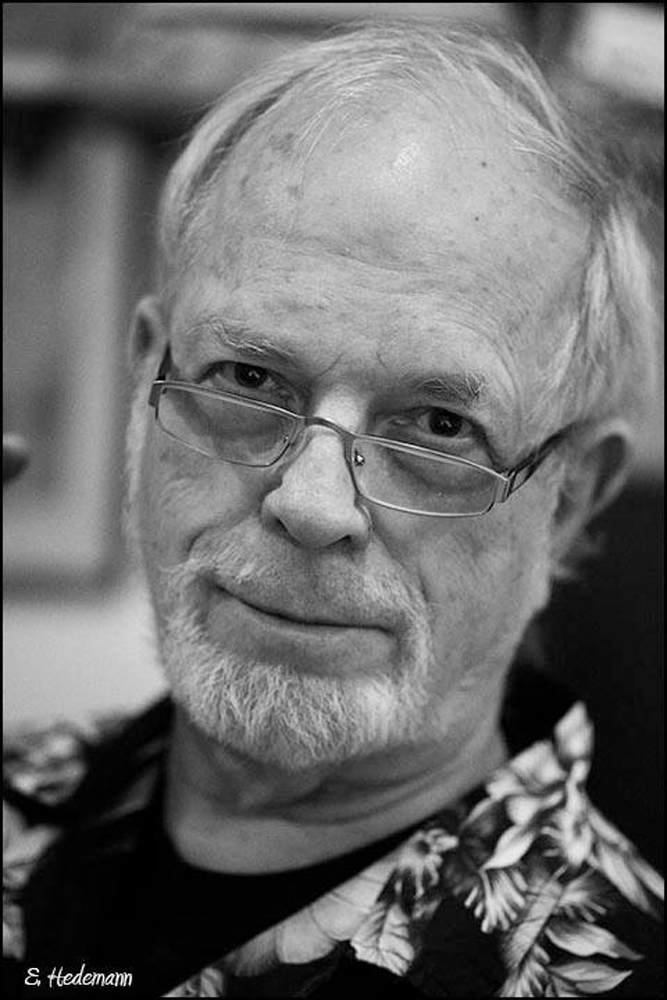 It would be a stretch to say he was a friend. More like an acquaintance in his far-flung orbit of fellow pilgrims who looked to him for light.
It would be a stretch to say he was a friend. More like an acquaintance in his far-flung orbit of fellow pilgrims who looked to him for light.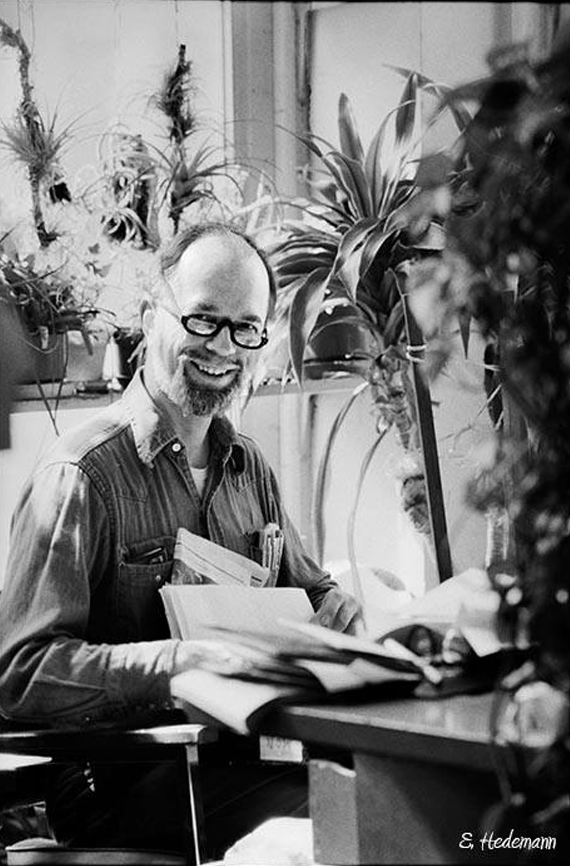 rigorous, principled proponent of nonviolent social change.
rigorous, principled proponent of nonviolent social change.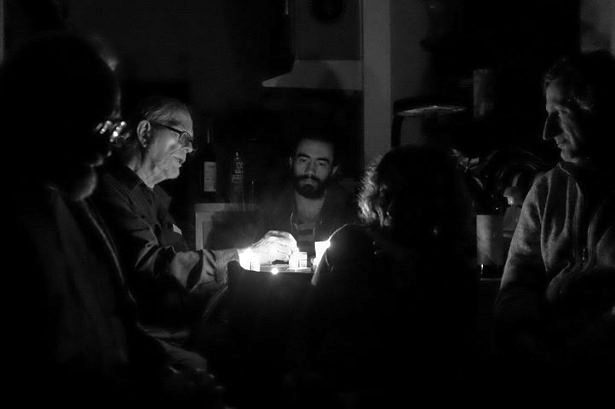 the Candles.’ In the dark, he and his friends named and remembered those who had died in the past year, lighting candles and speaking their names. It is a tradition he kept for many years.”
the Candles.’ In the dark, he and his friends named and remembered those who had died in the past year, lighting candles and speaking their names. It is a tradition he kept for many years.” from a distance, who “desire a better country” (10:39; 11:16).
from a distance, who “desire a better country” (10:39; 11:16).